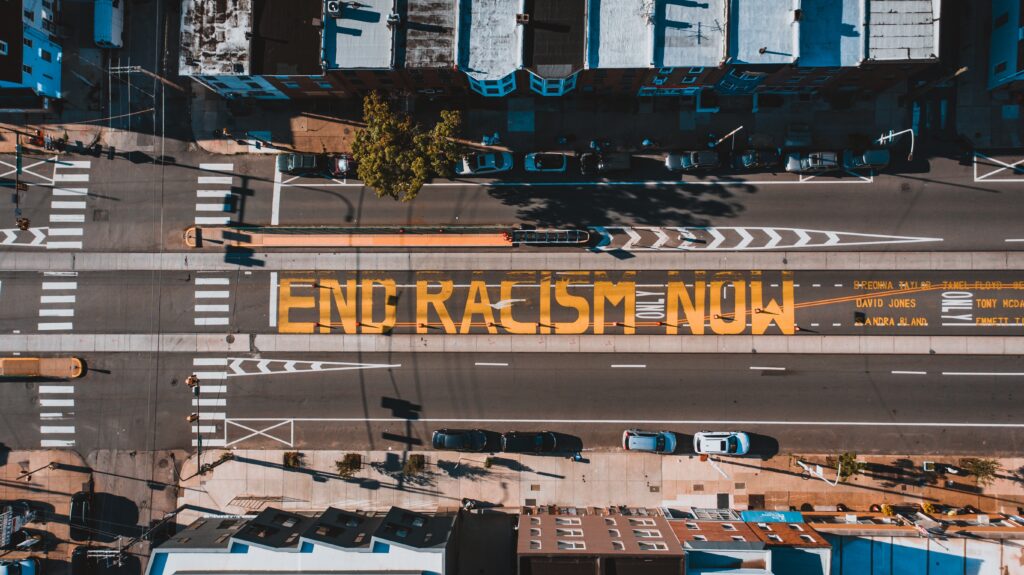
Representatives of the European Parliament, European Commission as well as from (grassroots) civil society organisations will participate in Anti-Racism and Diversity Week events scheduled to commence today.
In light of the International Day for the Elimination of Racial Discrimination (21st March), the European Network Against Racism and Members of the European Parliament, alongside Open Society-Europe and Central Asia are co-hosting the second EU Anti-Racism and Diversity Week in Brussels 20-22 March 2023.
Event’s agenda are as follows:
- EU Anti-racism action plan and National Anti-Racism Action Plans
- Artificial Intelligence
- Climate Justice
- Intersectional discrimination
- Migration
- Remembrance and repair
The event is a shared platform for institutions, civil society organisations, anti-racist actors, and activists to come together and lead on solution-based discussions to address structural racism.
In the context of the shrinking of civic space, the rise of far-right political movements and anti-European sentiments alongside the increase of hate-speech and defamation against human rights defenders, constructive assessment of the institutional and civic priorities in relation to racism are required to effectively counter discrimination against racialized communities.
The Anti-Racism Week is envisioned to be a shared platform for institutions, civil society organisations, anti-racist actors, activists to come together and lead on solution-based discussions on the systemic gaps that are necessary to address structural and specific forms of racism in their visible and invisible impacts.
European Network Against Racism (ENAR)
21st March – International Day for the Elimination of Racial Discrimination

The UN General Assembly resolution 2142 (XXI), adopted on 26 October 1966, proclaimed 21 March as the International Day for the Elimination of Racial Discrimination to be commemorated annually. On that day, in 1960, police opened fire and killed 69 people at a peaceful demonstration in Sharpeville, South Africa, against the apartheid „pass laws”. Proclaiming the Day in 1966 which signifies the struggle to end the policy of apartheid in South Africa, the General Assembly called on the international community to redouble its efforts to eliminate all forms of racial discrimination.
Since then, the apartheid system in South Africa has been dismantled. Racist laws and practices have been abolished in many countries, and we have built an international framework for fighting racism, guided by the International Convention on the Elimination of Racial Discrimination. The Convention is now nearing universal ratification, yet still, in all regions, too many individuals, communities and societies suffer from the injustice and stigma that racism brings.
The 2023 theme of the International Day focuses on the urgency of combatting racism and racial discrimination, 75 years after the adoption of the Universal Declaration of Human Rights (UDHR).
Seventy-five years ago, for the first time, the international community agreed on a set of common values and acknowledged that rights are inherent to every single human being and not granted by the State. These rights are enshrined in the Universal Declaration of Human Rights, a blueprint for international human rights norms.
The UDHR states that everyone is entitled to all the rights and freedoms, without distinction of any kind, such as race and colour, among others. However, racism and racial discrimination continue to affect people all over the world. Every day, each and every one of us can stand up against racial prejudice and intolerant attitudes.
#FightRacism
